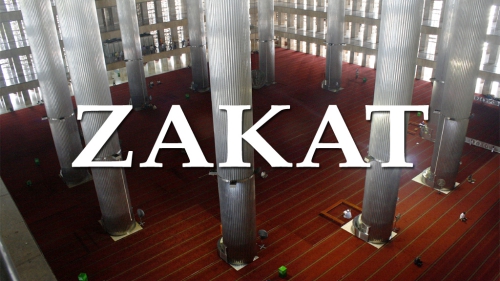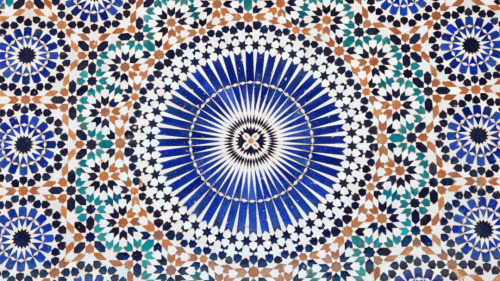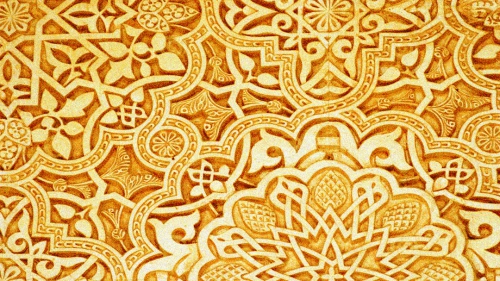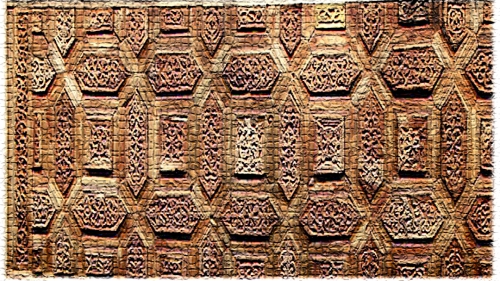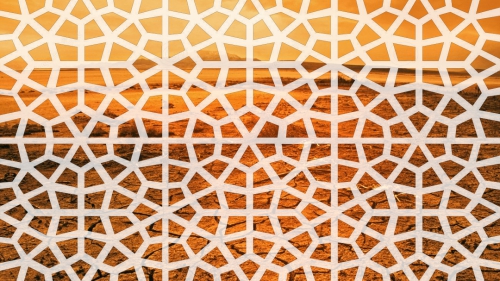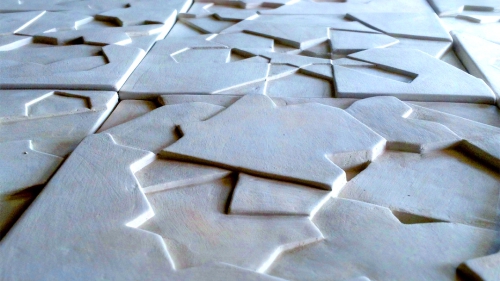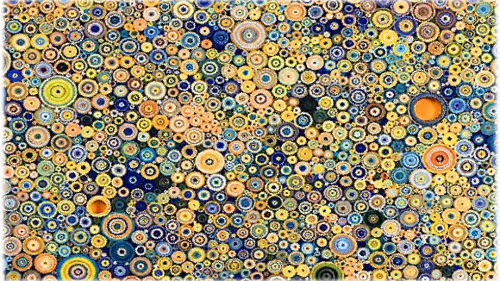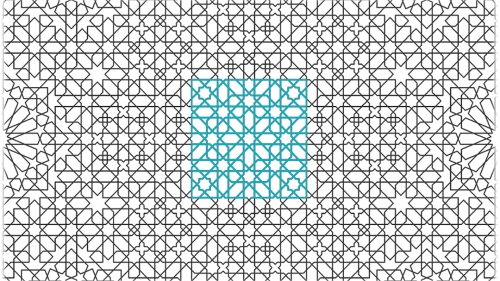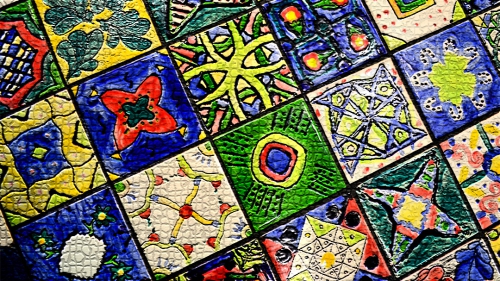Zakah: Connecting Humanity
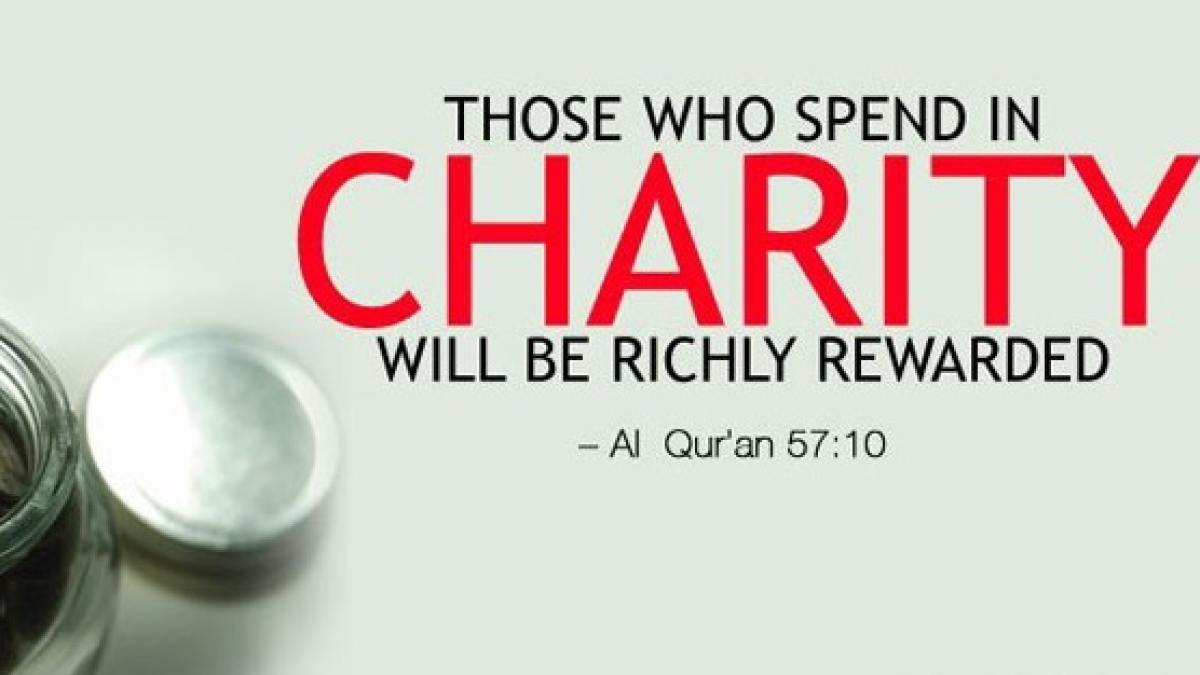
Zakah (Community Wealth Tax). The Muslim contribution to life is open, without limits: he gives of his effort, his mind, his knowledge, his status and his money.
The Prophet (peace be on him) said, "Every Muslim must perform a charity." They asked, "Messenger of God, what if a person cannot find anything to give?" He answered, "He should work with his hands to benefit himself and give in charity." "And what if he could not find that?" they asked again. "He should assist an aggrieved person in need." "And what if he could not do that?" "Then he should do good and refrain from evil - that would be his charity." (related by al-Bukhari)
Zakah regulates the wealth contribution in its minimum, making it a religious obligation from which the individual cannot free himself or take concessions, since it is the right of society to be devoted to the benefit of the needy and disabled individuals and classes.
In its proper sense, zakah is a practical manifestation of the brotherhood between the faithful and establishes mutual solidarity between them by the firm bond it creates between rich and poor, in a way that strengthens the individual's sense of relation to the community and the community's awareness of the value of the individual, and that it is strengthened by his strength and weakened by his weakness.
An analysis of zakah in the Islamic system reveals its various functions in a Muslim society:
(a) a religious function: In this respect zakah is a manifestation of the faith that affirms that God is the sole owner of everything in the universe, and what men hold is a trust in their hand over which God made them trustees to discharge it as He has laid down: "Believe in Allah and His Messenger and spend of that over which He made you trustees" (Quran 57:7). It is also an expression of gratitude towards the Bestower Who said: "If you give thanks, I will give you more." (Quran 14:7) In this respect zakah is an act of devotion which, like prayer, brings the believer nearer to his Lord, and being one of the pillars of religion, avoidance of payment is a manifestation of shirk (serving other gods besides God).
(b) an economic function: Its economic function is revealed in many ways: firstly, zakah gives a strong incentive for investing wealth for the benefit of society and makes us refrain from hoarding it. When the amount reaches the taxable minimum and has been possessed for a whole year, zakah falls due on it whether it has been invested or not. Those who do not invest their wealth expose it to continuous reduction of at least 2.5% annually. Gradually it will be removed from their possession to be used for the benefit of society.
Apart from this, zakah is a means of compulsory redistribution of wealth in a way that reduces differences between classes and groups, thus preventing the many social disorders from which Communist and Western societies alike suffer, no less than contemporary Muslim societies that have neglected zakah. Moreover, zakah is a means of establishing justice indirectly. It rectifies whatever wrongs, injustices or means of exploitation in trading and industrial relations that have arisen. This may explain the fact that it is called a "right" rather than "charity", or an act of beneficence. Zakah also facilitates the proper direction of purchasing power in society. It transfers part of the power of consumption, which may be used extravagantly to fulfill a proper function in the lives of those who need it.
(c) a social function: Zakah makes a fair contribution to social stability. By purging the soul of the rich of selfishness and the soul of the poor of envy and resentment against society, it stops up the channels leading to class hatred and makes it possible for the springs of brotherhood and solidarity to gush forth. Such stability is not merely based on the personal feelings of the rich: it stands on a firmly established right, which, if the rich denied it, would be exacted by force if necessary.
Zakah is not used merely to meet the present needs of the poor and needy, but serves other functions that deeply affect social life. As the Quran laid down, it solves the following problems:
(i) The problem of freedom, by assisting slaves seeking their freedom to attain it (slavery was an established system in the world at the time the Quran was revealed).
(ii) The problem of indebtedness which threatens an individual with bankruptcy, hardship, stress, humiliation or loss of good name, whether caused by the necessities of life or fluctuation in the market resulting in hardship to a good producer or an honest merchant. The Quran allots a portion of the zakah fund to solving such problems of indebtedness - a better solution than any contemporary system of insurance, as it is more positive and more in line with true cooperation and social solidarity.
(iii) The problem of defense and security of Muslim land against external threat and such matters as may be related to struggle in the cause of God.
(iv) The need of those who are away from their home seeking knowledge or a lawful livelihood and have not attained a settled life yet - the Quran devotes a portion of the zakah fund to meeting their need.
All this is contained in the Quranic verse that specifies the items upon which zakah should be expended, and recipients of the fund: "The alms are only for the poor and the needy, and those employed in collecting them, and those whose hearts are to be reconciled, and to free the slaves and the debtors, and for the cause of Allah, and (for) the wayfarer, a duty enjoined by Allah; Allah is All-Knowing, All-Wise." (Quran 9:60)
In its lexical definition zakah means "purity" and "growth", in both of which we can perceive its religious connotations: it purges society of destructive afflictions and causes human and social virtues to grow, leading to sound social relations, peace and stability.
In this light we can understand the position taken by Abu Bakr, the first Khalifa (may God be pleased with him) in the face of the first attempt to suspend payment of zakah by those who refused to pay it. He used the Muslim army to uphold this social right and compelled the recalcitrant faction to pay the community wealth tax, asserting a principle in which he was following the Prophet, "I swear by God, if they refuse to pay to me even a small piece of robe which they used to pay to the Messenger of God, I would fight them for it." (related by al-Bukhari).
Easy secure online donation service at IslamiCity
Excerpt from "Islam and the Pillars of Faith" published in Islam and Contemporary Society.
Topics: Ramadan, Wealth, Zakat Channel: Ramadan - Day 14, Ramadan - Day 24
Views: 30692
Related Suggestions
I have some conflict with this and can you please inform me on what authority the answer is
based on.
I am not doubting the authority, just we are in disagreement as to zakaat is to be paid from my the time I paid my last zakaat to present. My sibling is telling me that I have to pay zakaat on all my savings from beginning of my savings?
Please clarify.
Assalamu Alaikum
Sister Rasheeda
Thanks and best regards.
I think this is a very well written article. How can I find out more about the details about Zakat?
Wasalam














